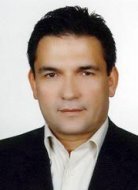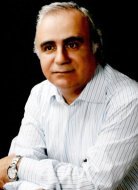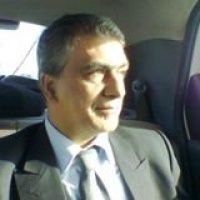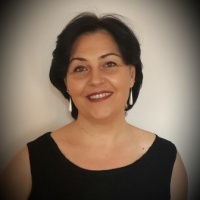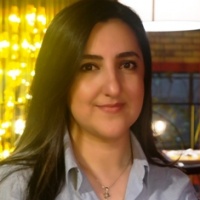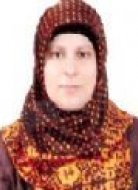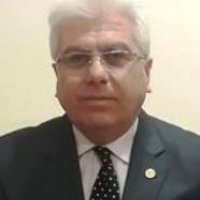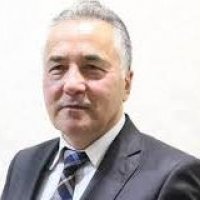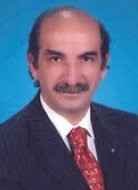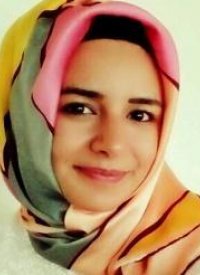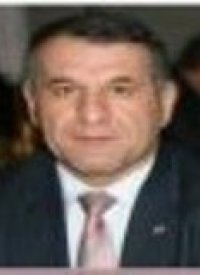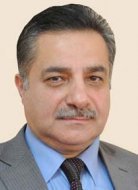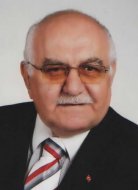Istanbul, May 7 () - Just one month before Turkey’s June 7 parliamentary election, the Supreme Election Board (YSK) has rejected an appeal from the Peoples’ Democratic Party (HDP), which requested the body to warn the office of the presidency about “holding the election in line with principle of impartialness.”
In its appeal filed on May 6, the Kurdish problem-focused HDP requested a series of measures including a formal warning to the office of incumbent President Tayyip Erdoğan and making sure that principles of fair broadcasting are applied.
The main opposition Republican People’s Party (CHP) also took a similar initiative on May 6, appealing to the country’s media watchdog. In its appeal, the CHP said Erdoğan has been violating the constitution by “delivering partisan speeches.”
The HDP also said Erdoğan has been “exploiting religion” openly targeting the opposition parties, and “engaging in polemics with opposition leaders.” The YSK, however, rejected the HDP's appeal late May 6 unanimously.
Bekir Bozdağ, a former Justice Minister and a member of the AKP, told Anadolu Agency that a president can only be put on trial for treason by the vote of parliament. "Other than that, nobody has the right or authority to accuse the president" he said.
OSCE highlights concerns
Having already challenged Turkey’s infamous 10 percent election threshold by deciding to go to polls as a party, the HDP and its leaders are being subjected to a rhetorical barrage from President Erdoğan. In public speeches that he has been frequently delivering during collective inaugurations in various provinces, he has targeted not only the HDP but also the CHP.
As recently as late April, the Organization for Security and Co-operation in Europe (OSCE) highlighted concerns over Erdoğan’s “active role in the campaign” recommending the deployment of a team in order to observe the fairness of the election.
“OSCE/ODIHR NAM interlocutors anticipate the campaign to focus on economic issues, human rights, corruption investigations, the Kurdish-Turkish peace process as well as the question of constitutional reform towards a more presidential system.
Many OSCE/ODIHR NAM interlocutors raised concerns over a potential misuse of state administrative resources and the president’s active role in the campaign” said a Needs Assessment Mission (NAM) report by the Office for Democratic Institutions and Human Rights (ODIHR) of the OSCE.
In its petition to the election board, the HDP listed dozens of examples that it said showed how the president had used various rallies to publicly deliver statements in favor of the ruling Justice and Development Party (AKP) and against the opposition parties.
Citing seven rallies that Erdoğan has held since March 10, when the official calendar for electioneering was kicked off, including the May 4 rally in Siirt, the HDP underlined that these rallies were being held under the title of “collective opening ceremonies” for public facilities.
All these rallies with political content are aired live on most television channels, with public broadcaster TRT in first place, the HDP underlined. At all of the rallies, Erdoğan has praised the ruling AKP, of which he was a founder, and asked for support for it.
“At his rallies, he [Erdoğan] had our party booed” the HDP said, noting that ministers from the AKP and candidates running on the AKP ticket for the June 7 vote attended the rallies, seated in the protocol seats.
The constitution
Erdoğan’s speeches delivered at various points from April 1 to May 4 were broadcast live on TRT Haber for 13-and-a-half hours in total, the HDP stated, noting that the length and details of the speeches could be accessed from the media watchdog, the Radio and Television Supreme Council (RTÜK).
In its appeal filed to the RTÜK, the main opposition CHP, meanwhile, particularly cited speeches Erdoğan delivered in Batman and Diyarbakır on May 2 and in Siirt on May 4 “under the pretext of attending collective opening ceremonies.”
“During events that he attends, President Erdoğan, who should preserve his impartiality pursuant to Article 101, 103 and 104 of the constitution and who should, within this context, not act/express an opinion in favor of any political party, is announcing that he is not impartial and asking for votes in the June 7, 2015 general election in favor of the ruling party” the CHP stated in the appeal.
A report released in the autumn of 2014 by the OSCE said use of the Prime Ministry position by current President Erdoğan and the one-sided reports in the media gave him an “unfair advantage” compared to the other two candidates in the presidential election race in August 2014.
The OSCE/ODIHR also touched upon the same issue in its April report. “The media environment is characterized by numerous broadcast and print outlets and an ever-increasing significance placed on online and social media. OSCE/ODIHR NAM interlocutors stated that the majority of media outlets are perceived to be associated with certain political parties, with more coverage to the governing party.







